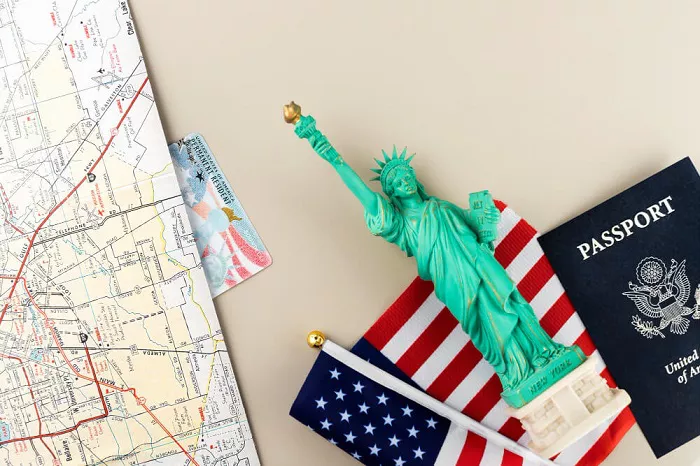OMAHA, Neb. — In the wake of a recent ICE raid at Glenn Valley Foods, confusion around the path to U.S. citizenship is growing. For many immigrants, the process is not only lengthy—it’s deeply complicated, expensive, and often misunderstood.
Julia Cryne, an Omaha-based immigration attorney, says the toughest hurdle comes early: qualifying for a green card.
“The difficult part is at the green card stage,” Cryne explained. “You have to prove you qualify under one of the limited immigration types available to obtain permanent resident status.”
These include family-based sponsorships, employment opportunities, and long-term U.S. residency. In most cases, obtaining a green card is a prerequisite for citizenship.
Cryne said that while some can qualify within four years, especially through military service, others face timelines that stretch over decades.
“If you serve in the military and are not dishonorably discharged, you can apply for citizenship as soon as one day after serving,” she said.
However, for the majority of applicants, the journey is longer. Cryne cited outdated immigration laws—specifically quota systems established during the Reagan administration—as a primary reason for massive backlogs.
“Those limits haven’t changed in almost 30 years,” Cryne noted. “That’s why some people in certain categories, especially from countries like India or China, wait 10 to 20 years for a green card.”
Adding to the challenge is the language barrier and high cost of the process. While the green card application is available through the U.S. Citizenship and Immigration Services website, it’s only provided in English.
“Some people may qualify, but they don’t have the resources to pay immigration fees or hire a lawyer,” Cryne said. “That’s what often stops them—not lack of will, but lack of access.”
During the long wait, immigrants must find ways to support themselves. Some can apply for work permits, but not all are eligible.
“That burden often falls on U.S. citizen family members,” Cryne said.
Cryne also pointed to a common public misconception about undocumented immigrants: that they simply choose not to pursue legal status.
“There are many Americans who’ve never had to deal with the visa application or citizenship process,” she said. “They don’t realize the system is structured in a way that excludes many who want to follow the rules.”
With hundreds of clients seeking green cards and only a dozen currently applying for citizenship, Cryne said the numbers reflect the complexity of the system—not a lack of interest.
“The forms alone can be 20 pages long,” she said. “Most people need professional help just to begin the process.”
For those looking to start their own journey, Cryne recommends seeking reputable legal guidance and reviewing official immigration guide resources through government websites to avoid misinformation and delays.
Related topics:
- UK Cracks Down on People Smuggling Amid Record Migration Surge
- Immigration Raids Spark Nationwide Protests Amid Rising Tensions
- Immigration Attorneys Warn of ICE Arrests at Memphis Court Hearings


